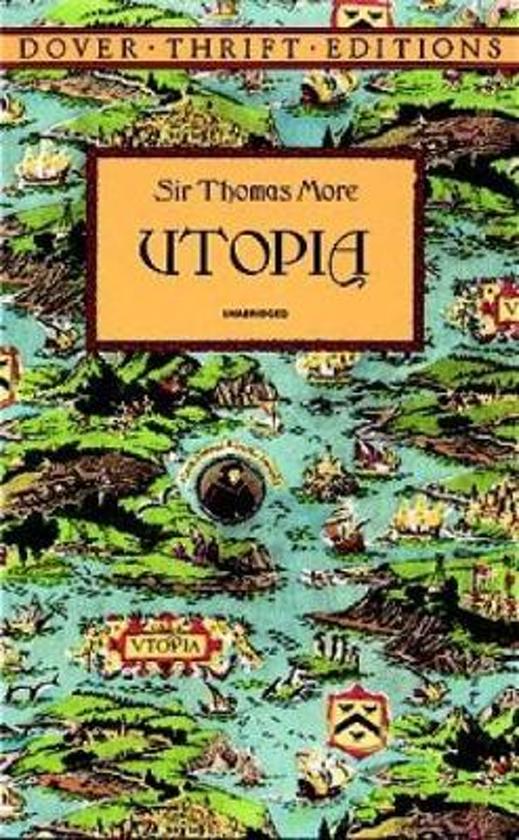

This humanist concept that More argues is neither feasible nor practical in the sense that unless individuals were graded and tested on how to raise their children or themselves, the nature of people cannot possibly be malleable enough to create no percentage of bad in a society. Humans have different ways of approaching situations, humans are born into different families who raise them differently than others. Individuals may not be naturally born corrupt but his argument is invalid if individuals are corrupted at a young age and continue to wreak havoc as they age. This is a common humanist concept, which suggests that human nature is malleable and inconstant, and therefore can be positively influenced to do good. This humanist concept of “infection implies that mankind is not born naturally corrupt or sinful and is filled with purity but have the ability to be simply influenced by external factors that could cause corruption and wrongdoing. An example of this is when Hythloday comments on the reluctance of Kings to use or take advice from others, stating that they are “drenched as they are and infected with false values from boyhood and on (More, Cambridge University Press, p.

A great majority of these beliefs are vicariously apparent in More’s character of Raphael Hythloday. Fundamentally, Utopia is a written public declaration of policy and aims of More’s humanist beliefs. With evidence of satirical and contradictory thoughts, it gives the reader a clear window to see that the idea of More’s utopian society is an unobtainable goal. The in-depth details provided by More of Utopia acts as his mode of expressing his humanistic views, offering insights on the basis of human nature’s principles and the significance of reason and natural law while intermingling the different aspects of a common functioning society. Yet, evidence throughout the novel suggests that Thomas More did intend on Utopia being the “best state of the commonwealth. Thomas More’s Utopia is a work of ambivalent duplicities that makes his audience question his real view on the concept of a utopian society.


 0 kommentar(er)
0 kommentar(er)
